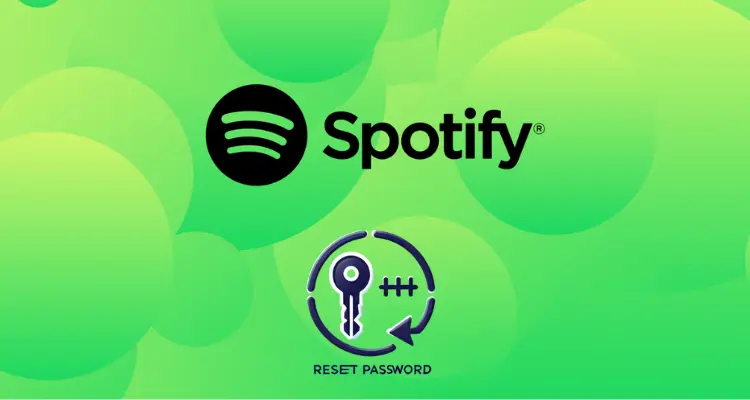If you live in the UK and are looking forward to starting your own business, there are some details that you need to keep in mind. One of those is obtaining a payment institution license. A Payment Institution License is a kind of license that’s useful if you plan on offering payment services to people all over the UK. These services can be anything from money transfer to payment services, a license will help you conduct business without having to worry about the nitty-gritty details. The process of applying for this permit is rather straightforward but it can get confusing sometimes because of the procedures and regulations involved. However, there’s no escaping the fact that it’s necessary to learn more about this license if you plan on offering any sort of payment services. This is why knowing all the details about this license and the procedure to get it are so important.
In this article, we’re going to take a look at the 4 most important things that you must know before you even apply for the license. This will set your expectations straight and prevent you from facing any difficulties in the future. So without further delay, let’s get to it and find out the most critical details about getting this coveted license.
1. Understand What It Is
Many people don’t even understand what the Payment Institution License is before they apply for it and that’s not an intelligent decision at all. This permit was brought into force by the Payment Services Regulations in 2009, with multiple categories that you can apply for. From Small PI to PISP, there’s something in store for everyone’s requirements and this is why you should take a close look at the differences between all of them. There are some other regulations regarding the transfer of remittances as well and if you’re interested in providing remittance services then you should look into that too.
2. Prepare Well
In order to successfully get this license, you’ll have to prepare a strong case for yourself and why you should get it. You should preferably demonstrate your management skills and your setup to increase your chances of success. Establishing your physical office, having adequate resources, ample funds, and more, will help boost your case and you should be taking all of these seriously if you’re sure you want to get a license. Other than this, the seasoned consultants at http://psplab.com/services/pi-emi-authorisation/payment-institution-license-uk/ say that you should also have a business plan ready. This business plan will describe your execution strategy and the payment activities in detail. After all, the government doesn’t want ill-prepared players entering the market and disrupting the chain, which is why you have to show how well-prepared you are.
3. Passporting
You can still provide your regulated services as a payment service provider even if you’re not located in the UK but are situated in any European Economic Area. You won’t be requiring any additional licenses to provide your services in the countries included in this area which is a win-win situation for you. However, to achieve this, you’ll need to utilize the process of passporting, which means that you can set up a branch in any EEA state to provide cross-border services. Passporting can only be done if you’re an authorized firm and isn’t available to any local-level small firms.
4. Requirements
There are a couple of requirements that you must keep in mind before you apply for the license as doing it without meeting the minimum standards will only result in wastage of your time and resources. All the European regulators like BaFin and FCA are bound to take a decision within 3 months upon receipt of the complete application, however, it usually takes around 4 months to finally get the license. You’ll also need certain capital before you can obtain the license which is €125,000 for Payment Accounts and Payment Processing, and €20,000 for Money Remittance service providers.
These are some of the most important things that anyone should know before they apply for a Payment Institution License. Just like every other government process, it’ll be a lengthy and slow process so you have to be prepared for that in advance. You also have to understand that these aren’t the only points you should know about getting a license and there’s much more for you to know if you actually want it. These points just form the foundation of your future actions and are meant to help you avoid the basic pitfalls faced by many people. If you meet all the requirements and have a solid business plan with enough capital to back you up, chances are high that you’ll get approved for the license.
















